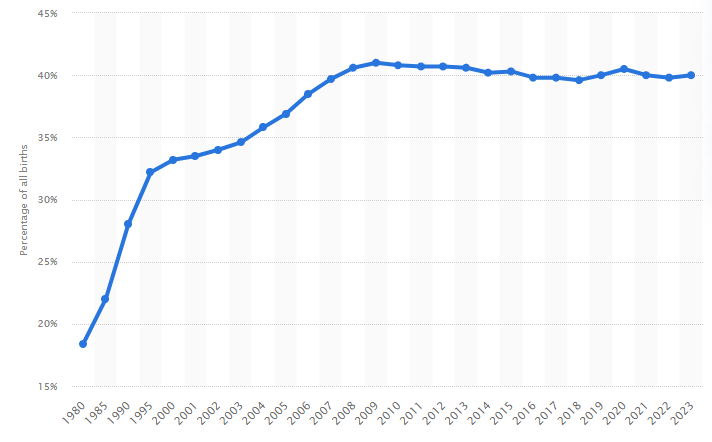China, North Korea, and Russia are all taking serious measures to encourage marriage and children, and to reduce divorce. While the USA is lagging behind its two most-significant global rivals in this regard, one US state is laying the foundation for reversing what has been, until now, a relentlessly dyscivilizational pendulum disincentivizing marriage and children.
Tennessee made “parentage fraud” a crime in 2023. In 2024, lawmakers added mandatory restitution and gave victims a civil cause of action to recover additional money they had paid due to the lie. These reforms are live now.
Aside from the opening of the borders and the acceptance of so-called “dual citizenship”, the most dyscivilizational and societally destructive social policy of the last 75 years has been the refusal of the justice system to hold women accountable for their criminal actions. It’s not merely a question of justice, it’s now a question of societal survival to eliminate no-fault divorce and female unaccountability; punishment for “parentage fraud” is a positive step forward, but even better would be automatic paternity testing to replace the outdated and increasingly irrelevant assumption that the husband is the father.
After all, how is the assumption that the husband is the father even relevant in a society where 40 percent of children have been born to unwed mothers since 2008?
I think we can safely assume that other states in the USA are going to follow Tennessee’s example, as the assumption that women can be trusted to be a) faithful to their husbands and b) honest about who the father of their children is has proven to be mostly false.
While there is a problem with the carve-out about relieving the woman of responsibility for lying about the father simply because she’s married to the man who isn’t the father, the fact is that the woman can’t be assumed to have committed the crime of parentage fraud if she didn’t actually know who the father was. This carve-out shouldn’t be a problem, so long as the husband is not held legally responsible for any children of his wife that are not his.
That being said, it must be remembered that the oft-cited number of one-third of all paternity testings showing that the man presumed to be the father was not, in fact, the father, is selection bias since most children are not paternity-tested. A much more credible estimate, based large-scale screening for genetic disorders, is 2.4 percent.

